Science is a Real Bitch.
Especially when it’s in the hands of the lay person when it comes to health/ fitness and wellness.
Why?
Cause most people have little to zero actual scientific understanding of what the hell is going on, so they believe the thing of the minute, what’s new, cool and what their friends are doing.
Or, worst of all they follow the fear box TV.
Case in Point:
Gluten:
“Gluten, wholy Sh@t my pants, GLUTEN. WTF are we gonna do? That sh@t is in everything! We’re not adapted to it, it’s GMO nightmare on a stick, I mean, in a loaf…I hate f-ing gluten”
Everyone went “off” gluten and went, “
It’s the best I’ve ever felt”
Or maybe you just weren’t eating sh@t all day.
Never thought of that one huh?
It probably wasn’t the gluten, you’re probably not gluten sensitive, hell that may not exist at all:
when the placebo diet was identical to the baseline diet, subjects reported a worsening of symptoms! The data clearly indicated that a noceboeffect, the same reaction that prompts some people to get sick from wind turbines and wireless internet, was at work here. Patients reported gastrointestinal distress without any apparent physical cause. Gluten wasn’t the culprit; the cause was likely psychological. Participants expected the diets to make them sick, and so they did.
“In contrast to our first study… we could find absolutely no specific response to gluten.”-Gibson
You just ate less Sh@t…and felt better.
You believed it was gluten, but really, how the hell would you know?
Less pizza = Not so bloated
You never got tested.
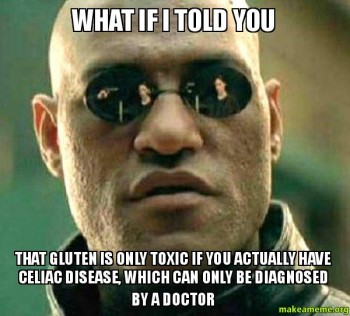
You got the Nocebo Effect in FULL effect, you believed because that’s how the guru said it worked.
SCIENCE!
And you sure as all hell don’t have and wont develop celiacs disease, autoimmune disease doesn’t work like that.
Could someone be gluten sensitive and then develop celiacs disease?
No, I don’t think so. The three main conditions—celiac disease, gluten sensitivity, wheat allergy—are based on very different mechanisms in the immune system. Given that fact, it’s hard to imagine the possibility that you could jump from one to the other.- Alicia Woodward interview with the guy that identified gluten as the cause to celiacs
See here’s the thing, the lay person doesn’t have an understanding of how these things fundamentally work so it’s easy to pull the wool over on them and misreport findings or make individual studies with small sample sizes, weak correlations and initial (non replicated) findings sound really awesome and usually they have a book or program to sell at the end.
We respond strongly to warnings about danger, and promises of really awesome stuff (like health, or weight loss)—but only if those warnings or promises are actionable. And with food, that really applies: We can act on a warning to avoid gluten or eat superfoods (or whatever) at our next meal or our next trip to the grocery store.
There are a number of physicians and other medical professionals who are highly educated, but have made the decision to “sell health.” They may believe they’re doing good, or just want to make a living. In all of those cases, the message is similar: “Living healthy doesn’t have to be hard, just do this thing/eat this food/buy my book.”–Alan Henry
What Real Science Is:
See science tells us about our world.
But sometimes what science says and what gets out of the mouth of the perfectly quaffed man on television is different.
See for science to be science it has to be conducted, scrutinized, reproduced and scrutinized again…and a gain….and again
and again.
and again..
See where I’m going with this.
Science is the exact opposite of do Study A and accept the results as factual.
Actually, in science, everyone goes…
“umm, that doesn’t seem correct. Where are you wrong, what did you screw up?”
And that friends is why science is awesome.
It accepts nothing.
Questions everything,
and ONLY evidence matters in the end.
Gonna Grind an Axe for the Next Thousand Words or So:
Artificial Sweeteners
They get a consistently bad rap, mostly because folk hear “artificial” and freak out. <—-This is called the Naturalistic Fallacy
We’ve all heard that AS cause cancer <—-and they probably have in some people cause there are always exceptions to the rule, it’s called the Bell Curve, it applies to most things.
“However, according to the current literature, the possible risk of artificial sweeteners to induce cancer seems to be negligible.” –Artificial Sweeteners – do they bear a carcinogenic risk?
“Our findings do not support the hypothesis that aspartame increases hematopoietic or brain cancer risk.”- Consumption of Aspartame-Containing Beverages and Incidence of Hematopoietic and Brain Malignancies
“The present work indicates a lack of association between saccharin, aspartame and other sweeteners and the risk of several common neoplasms.” –Artificial sweeteners and cancer risk in a network of case–control studies
Sooooo, the cancer thing, not looking too hot…
Ok, Obesity, they make you obese,that’s the other one laid on AS:
*Quick Rant, as if it’s different from the long rant:
Yes, a chemical, that has ZERO point ZERO calories per serving can somehow, someway make you fat.
ASs might directly increase risk of weight gain in some individuals. Some studies have reported that AS use—or sweet taste itself—may increase hunger, cravings, or food intake (10,40,41,42), though most studies have reported no such increases (43,44). A few studies have reported elevated insulin and/or falling glucose levels (45,46,47).- Fueling the Obesity Epidemic? Artificially Sweetened Beverage Use and Long-term Weight Gain
Just so we’re all on the same page. If you INCREASE food intake, you’ll gain weight.
The sweetener didn’t cause this.
You eating more did, that’s why calorie restriction leads to weight loss.
Here’s what it comes down to.
Eating more MAKES you fat, not the zero calorie sweetener:
“when used judiciously, non-nutritive sweeteners (including very low-calorie sweeteners, artificial sweeteners, and non-caloric sweeteners) might help with weight loss or control, and could also have beneficial metabolic effects. The statement also points out, however, that these potential benefits will not be fully realized if there is a compensatory increase in energy intake from other sources“- American Heart Association
See kids, here’s the problem:
How can the ingestion of something that has no calories MAKE you gain weight?
Could you please explain that because I guess the laws of thermodynamics don’t apply any longer.
The HOW is really, reaaaaaalllly important.
In science, the HOW is called the Mechanism of Action.
Mechanism of Action:
mechanism of action (MOA) refers to the specific biochemical interaction through which a drug substance produces its pharmacological effect. A mechanism of action usually includes mention of the specific molecular targets to which the drug binds, such as an enzyme or receptor. Receptor sites have specific affinities for drugs based on the chemical structure of the drug, as well as the specific action that occurs there.-from the Wiki
So, ummm, if you can’t explain the HOW you can’t really say it is the cause (the mechanism).
It could be something else that you didn’t think of or investigate.
Which brings me to Causation Vs. Correlation
Causation:
the act or agency which produces an effect- Merriam Webster
Correlation:
the state or relation of being correlated; specifically : a relation existing between phenomena or things or between mathematical or statistical variables which tend to vary, be associated, or occur together in a way not expected on the basis of chance alone- Merriam Webster
Causation vs. Correlation Explained:
One of the most common errors we find in the press is the confusion between correlation and causation in scientific and health-related studies. In theory, these are easy to distinguish — an action or occurrence can cause another (such as smoking causes lung cancer), or it can correlate with another (such as smoking is correlated with alcoholism). If one action causes another, then they are most certainly correlated. But just because two things occur together does not mean that one caused the other, even if it seems to make sense.
Unfortunately, our intuition can lead us astray when it comes to distinguishing between causality and correlation. For example, eating breakfast has long been correlated with success in school for elementary school children. It would be easy to conclude that eating breakfast causes students to be better learners. It turns out, however, that those who don’t eat breakfast are also more likely to be absent or tardy — and it is absenteeism that is playing a significant role in their poor performance. When researchers retested the breakfast theory, they found that, independent of other factors, breakfast only helps undernourished children perform better.
Many many studies are actually designed to test a correlation, but are suggestive of “reasons” for the correlation. People learn of a study showing that “girls who watch soap operas are more likely to have eating disorders” — a correlation between soap opera watching and eating disorders — but then they incorrectly conclude that watching soap operas gives girls eating disorders.- SATS (George Mason University)
From this AWESOME article on Forbes.
So what’s the Point?
They found that the bacteria in the gut of those who regularly ate fake sweeteners were notably different from those who didn’t. In addition, there was a correlation between the sweetener consumption and a susceptibility to glucose intolerance, which is a disturbance in the blood glucose level.- WSJ
But there’s no evidence, at least not yet.
In a briefing for reporters, Segal said that the study authors are “by no means” calling for people to make any changes to what they eat or drink, but are asking the scientific community to confirm the new results and reassess artificial sweeteners. –National Geo
There’s an initial study that used rats, but nothing of substance on HUMANS.
Experts reacted to the study results with a mixture of caution and interest, noting that the research was conducted largely on mice and included only seven human volunteers.- National Geo
And that matters, like, a lot.
Hell, they even admit the findings need more investigation because the scientists don’t know WTF happened in the gut..ie the mechanism of action?
“The researchers acknowledged that they don’t understand how artificial sweeteners would stimulate the growth of potentially harmful intestinal bacteria.”- Nat Geo
Here’s the basic reaction that the scientific community has had to this report:
“Artificial sweeteners are associated with overweight in humans, but the obvious connection is that overweight people use them more,” says New York University nutrition expert Marion Nestle, by email. “This is the first study I have seen suggesting that the connection is mediated through the microbiome. I’m not crazy about artificial sweeteners (I think they taste terrible), but this needs confirmation before taking it too seriously.”- Nat Geo
Skepticism, not blind acceptance.
While no one is discounting the finding, no one is accepting it as truth either because there are just too many unknowns.
Remember when all of these things were made up and never “true”:
- Red Meat Causes Cardiovascular Disease
- High Fructose Corn Syrup makes us fat
- Sugar is a toxin
- Carbs, you need more carbs <—-food pyramid, duh
- Eggs= Cholesterol and death
- Coffee is bad for you
- Creatine is dangerous
I’m not saying that you should go pound a box of Sweet N Low.
What I am saying is that you shouldn’t trust the “science” you hear on TV, the radio and from your gym bro’s.
It’s usually far from the whole picture and has too many buzzwords and definitive answers without an explanation of how something actually happens attached to buzz and BS.

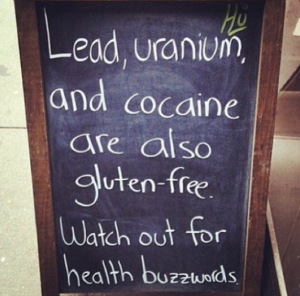
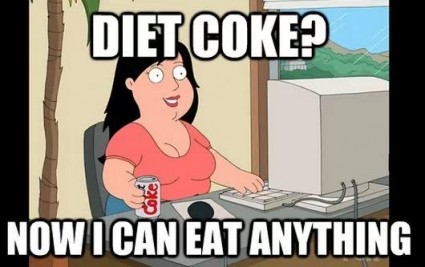
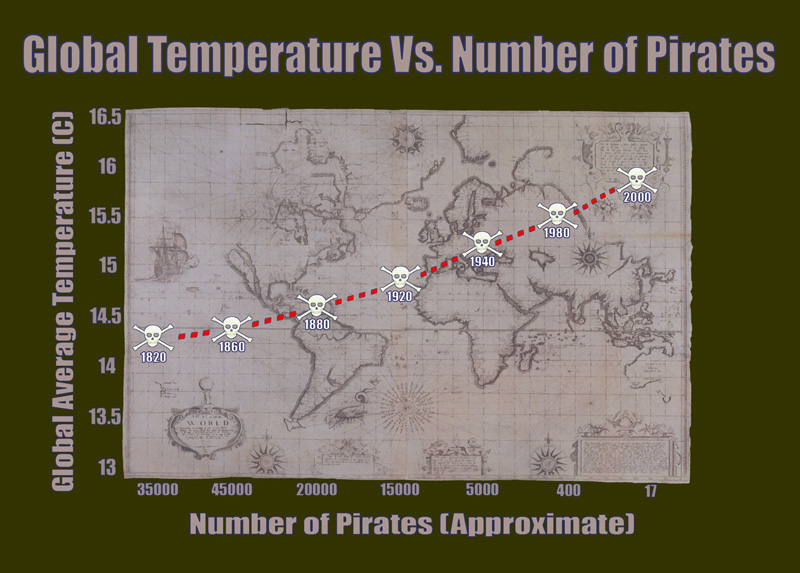
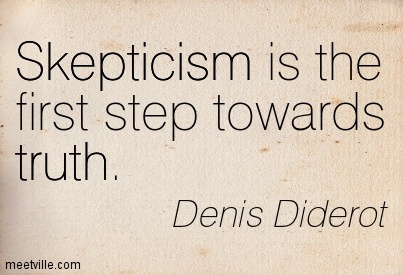

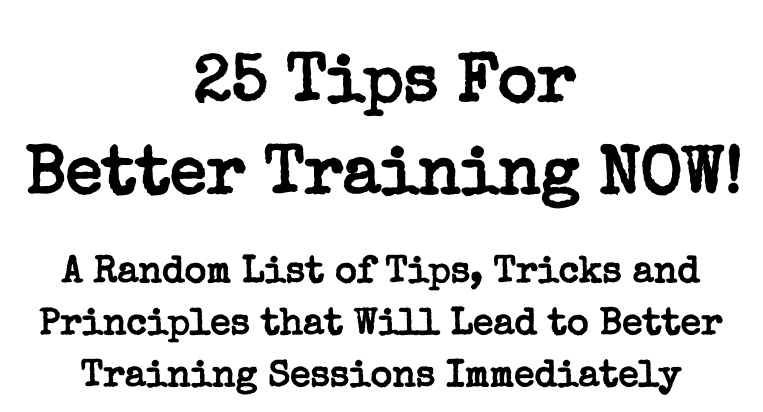
Roy, are you aware that if you eat gluten your penis will fly off? Stay away from the evening news if you really want to learn something. You gotta watch South Park for the absolute best source for cutting edge science.